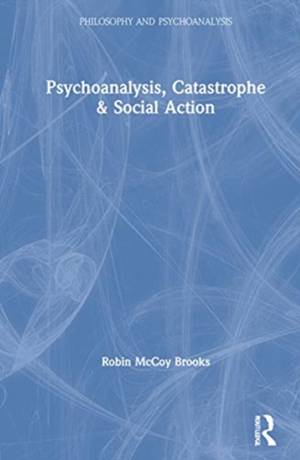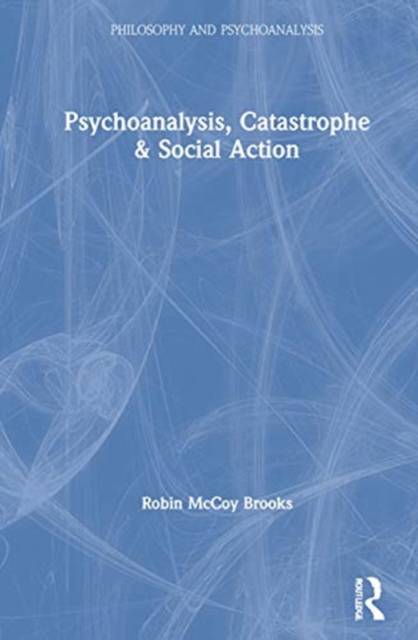
- Retrait gratuit dans votre magasin Club
- 7.000.000 titres dans notre catalogue
- Payer en toute sécurité
- Toujours un magasin près de chez vous
- Retrait gratuit dans votre magasin Club
- 7.000.000 titres dans notre catalogue
- Payer en toute sécurité
- Toujours un magasin près de chez vous
Description
This fascinating volume uses psychoanalytic theory to explore how political subjectivity comes about within the context of global catastrophe, via the emergence of collective individuations through trans-subjectivity. Serving as a jumping-off point to address the structural linkage between collective catastrophe, subject, group, and political transformation, trans-subjectivity is the central tenet of the book, conceptualized as a psyche-social dynamic that initiates social transformation and which may be enhanced in the clinical setting.
Each chapter investigates a distinct manifestation of trans-subjectivity in relation to various real-world events as they manifest clinically in the analytic couple and within group processes. The author builds her conceptual arguments through a psyche/social reading of Kristeva's theory of signifiance (sublimation), Lacan's 1945 essay on collective logic, Heidegger's secular reading of the apostle Paul's Christian revolution, and Zizek, Badiou and Jung's conception of the neighbor within a differentiated humanity. The book features clinical illustrations, an auto-ethnographic study of the emergence of an AIDS clinic, an accounting of trans-subjectivity in Black revolutionary events in the U.S., and an examination of some expressions of care that arose in response to the COVID-19 pandemic.
Psychoanalysis, Catastrophe & Social Action
is important reading for psychoanalysts, psycho-dynamic based therapists, psychologists, group therapists, philosophers and political activists.Spécifications
Parties prenantes
- Auteur(s) :
- Editeur:
Contenu
- Nombre de pages :
- 172
- Langue:
- Anglais
- Collection :
Caractéristiques
- EAN:
- 9780367683153
- Date de parution :
- 29-09-21
- Format:
- Livre relié
- Format numérique:
- Genaaid
- Dimensions :
- 156 mm x 234 mm
- Poids :
- 439 g







